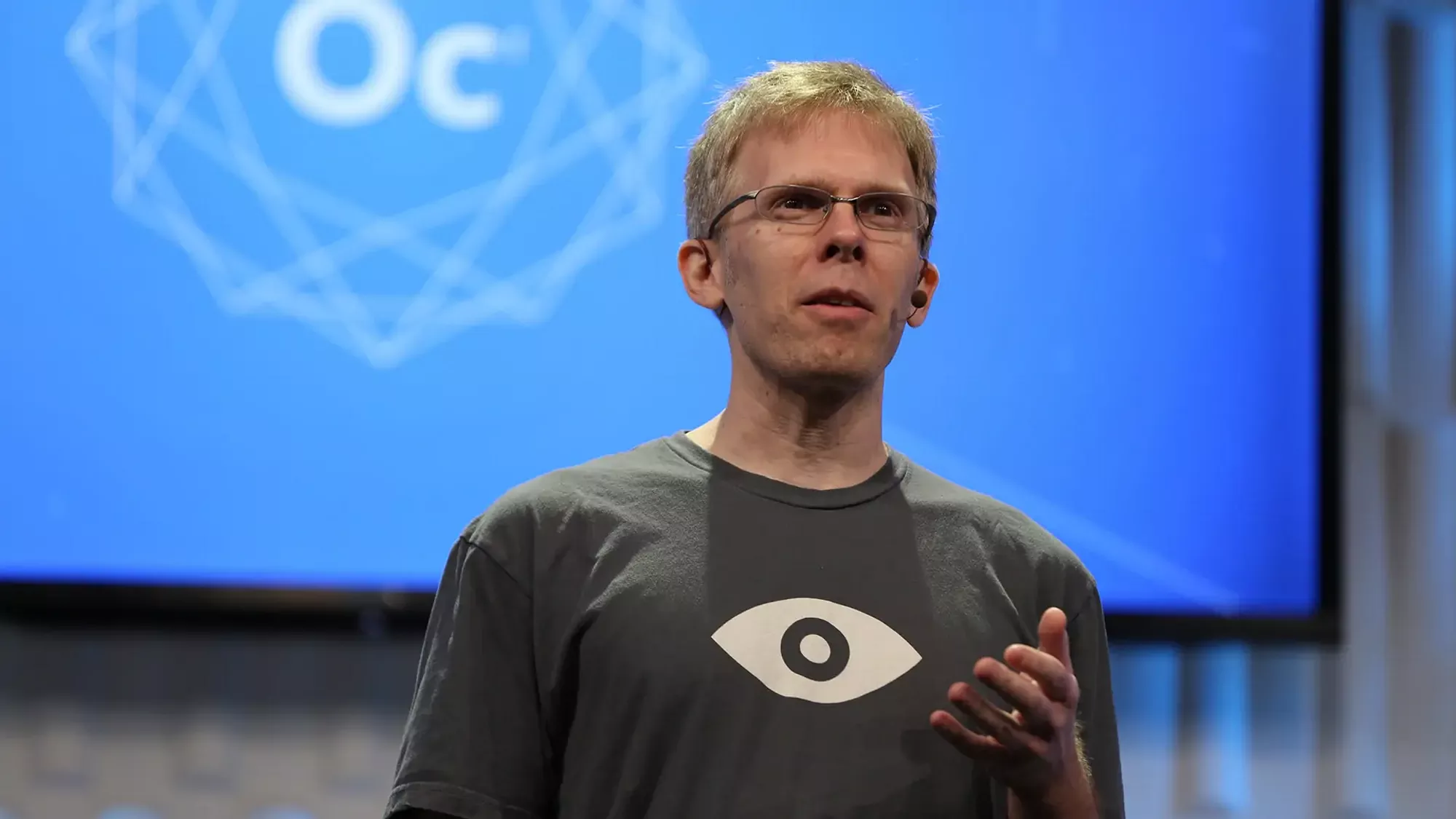Forward-looking: While AI has been at the forefront of most tech industry conversations this year, the new wave of generative AI is still far off the concept of an artificial general intelligence (AGI). However, legendary developer John Carmack believes such a technology will be shown off sometime around 2030.

Carmack, of course, is best known as the co-founder of id Software and lead programmer of Wolfenstein 3D, Doom, and Quake. He left Oculus in December last year to focus on Keen Technologies, his new AGI startup.
In an announcement video (via The Reg) revealing that Keen has hired Richard Sutton, chief scientific advisor at the Alberta Machine Intelligence Institute, Carmack said the new hire was ideally positioned to work on AGI.
It's often pointed out that the term artificial intelligence is a misnomer when used to describe the likes of ChatGPT. The large language model-powered tools of today don't actually 'think' like a person, even though they can appear that way. An AGI, on the other hand, acts just like a human, able to learn and reason and accomplish any task it is given. Data from Star Trek and, more worryingly, HAL 9000 from 2001: A Space Odyssey are often cited as examples of advanced AGIs from science fiction.
Scientists and researchers argue that a true AGI could be decades away. Sutton says that current coding techniques make creating an AGI infeasible, adding that 2030 is a target for a "prototype AI to show signs of life."
In August last year, Carmack announced that he had raised $20 million in initial funding for Keen. That's a tiny amount compared to other AI companies – Microsoft has poured more than $13 billion into OpenAI – but Sutton and Carmack believe they can have a huge impact on the industry.
"Nobody has line of sight on a solution to this today, we feel there is not that much left to do," Carmack said. "There are fundamental research questions that need to be answered, and we have internal projects and angles of attack," he added. The creator of the FPS genre said that he expects future textbooks on how to build AGIs will include a chapter on Keen and its upcoming work.
"We are six, seven, eight years out from something really big and important being publicly visible."
Carmack later suggested that the state of AI today can be traced back to his own work on Quake as it was the game that really sparked the demand for GPUs, though he also credits Nvidia CEO Jensen Huang with recognizing the potential for GPUs to handle other computing tasks.
Back in July, OpenAI said it was aware of the potential dangers of creating an AI smarter than people, including it causing the extinction of the human race, and was putting together a team to mitigate the risks.